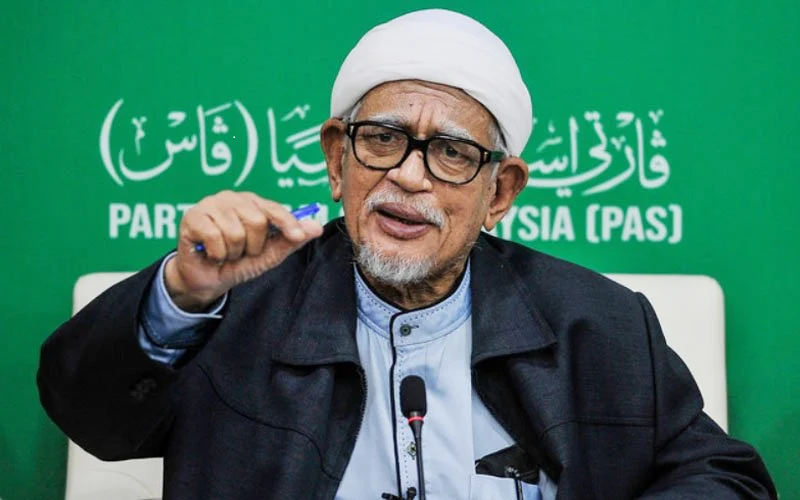
Source Responsible Statecraft
WASHINGTON, U.S.--For advocates of a confrontation-based U.S.-Republic of Korea approach toward China and North Korea, the election of the conservative candidate Yoon Suk-yeol as South Korea’s new president has been hailed as a “welcome turn” toward Washington.
The U.S. foreign policy establishment’s general view is that South Korea, under the Yoon administration, will be more willing to stand with the United States in containing China, make U.S.-ROK-Japan trilateral cooperation a higher priority, and pursue a pressure-based strategy in dealing with North Korea.
Traditionally, conservative administrations in Seoul have tended to prioritize accommodating U.S. strategic interests, even if doing so carries diplomatic and political risks for Seoul.
Traditionally, conservative administrations in Seoul have tended to prioritize accommodating U.S. strategic interests, even if doing so carries diplomatic and political risks for Seoul.
For instance, in 2016, South Korea deployed the THAAD ballistic missile defense system at the cost of damaging relations with China, signed a bilateral intelligence-sharing pact with Tokyo, and agreed to irreversibly resolve the “comfort women” issue despite domestic opposition.
While it is too early to predict the exact characteristics of the Yoon administration’s foreign policy, President-elect Yoon’s personnel appointments to date suggest his foreign policy preferences.
While it is too early to predict the exact characteristics of the Yoon administration’s foreign policy, President-elect Yoon’s personnel appointments to date suggest his foreign policy preferences.
Throughout his campaign, Yoon stressed a more assertive approach to dealing with China and North Korea, and vowed to deepen trilateral cooperation with the United States and Japan.
The foreign policy team in Yoon’s Presidential Transition Committee is comprised of senior officials from former conservative administrations who are likely to implement these policy preferences.
For example, Kim Sung-han, former vice-minister of the Ministry of Foreign Affairs and Trade in the Lee Myung-bak government, led the administration’s North Korea policy centered on deterrence and sanctions and deeper trilateral security coordination with the United States and Japan.
Kim Tae-hyo, who also served in the Lee government as a senior Blue House Foreign Policy Strategist, was among the leading architects of the administration’s North Korea policy and the primary negotiator of the closed-door deal to finalize a bilateral intelligence-sharing pact with Japan known as General Security of Military Information Agreement.
In their scholarly works, both Kim Sung-han and Kim Tae-hyo have promoted closer alignment with the United States and Japan in dealing with North Korea and China and deepening Seoul’s commitment to the U.S.-led security cooperation among democracies.
Yoon’s seven-member foreign policy delegation that is in Washington this week is led by senior policymakers and academics who generally support a more hardline approach to North Korea and China.
During the visit to Washington, the delegation stated its desire for the “complete, verified, and irreversible denuclearization of North Korea” principle, eschewing the broader phrasing of “complete denuclearization of the Korean Peninsula” as noted in the Biden-Moon joint statement.
Yoon’s delegation has called for Seoul’s deeper engagement in U.S.-led regional initiatives that Beijing perceives as China containment efforts, such as the Quadrilateral Security Dialogue.
Yoon’s delegation has called for Seoul’s deeper engagement in U.S.-led regional initiatives that Beijing perceives as China containment efforts, such as the Quadrilateral Security Dialogue.
Park Jin, a senior lawmaker and a foreign policy expert, has argued for South Korea to formally join the Quad and actively participate in the U.S. Indo-Pacific strategy.
Chung Jae Ho, a leading China expert, believes that Washington’s foreign policy should prioritize winning the great power competition with China and that Seoul has to side with Washington in that process.
Many of these experts will likely take key posts in the Yoon government, including foreign minister, National Security Council head, and National Intelligence head, once Yoon is in office on May 10.
But Yoon’s narrow victory to the Blue House, the opposition party’s large parliamentary majority, and the urgency to tackle domestic priorities such as real estate inflation and COVID recovery may compel the president-elect to avoid making drastic changes to South Korea’s foreign policy, at least initially. He might wish to tread carefully in the months ahead.
Many of these experts will likely take key posts in the Yoon government, including foreign minister, National Security Council head, and National Intelligence head, once Yoon is in office on May 10.
But Yoon’s narrow victory to the Blue House, the opposition party’s large parliamentary majority, and the urgency to tackle domestic priorities such as real estate inflation and COVID recovery may compel the president-elect to avoid making drastic changes to South Korea’s foreign policy, at least initially. He might wish to tread carefully in the months ahead.








0 Comments
LEAVE A REPLY
Your email address will not be published